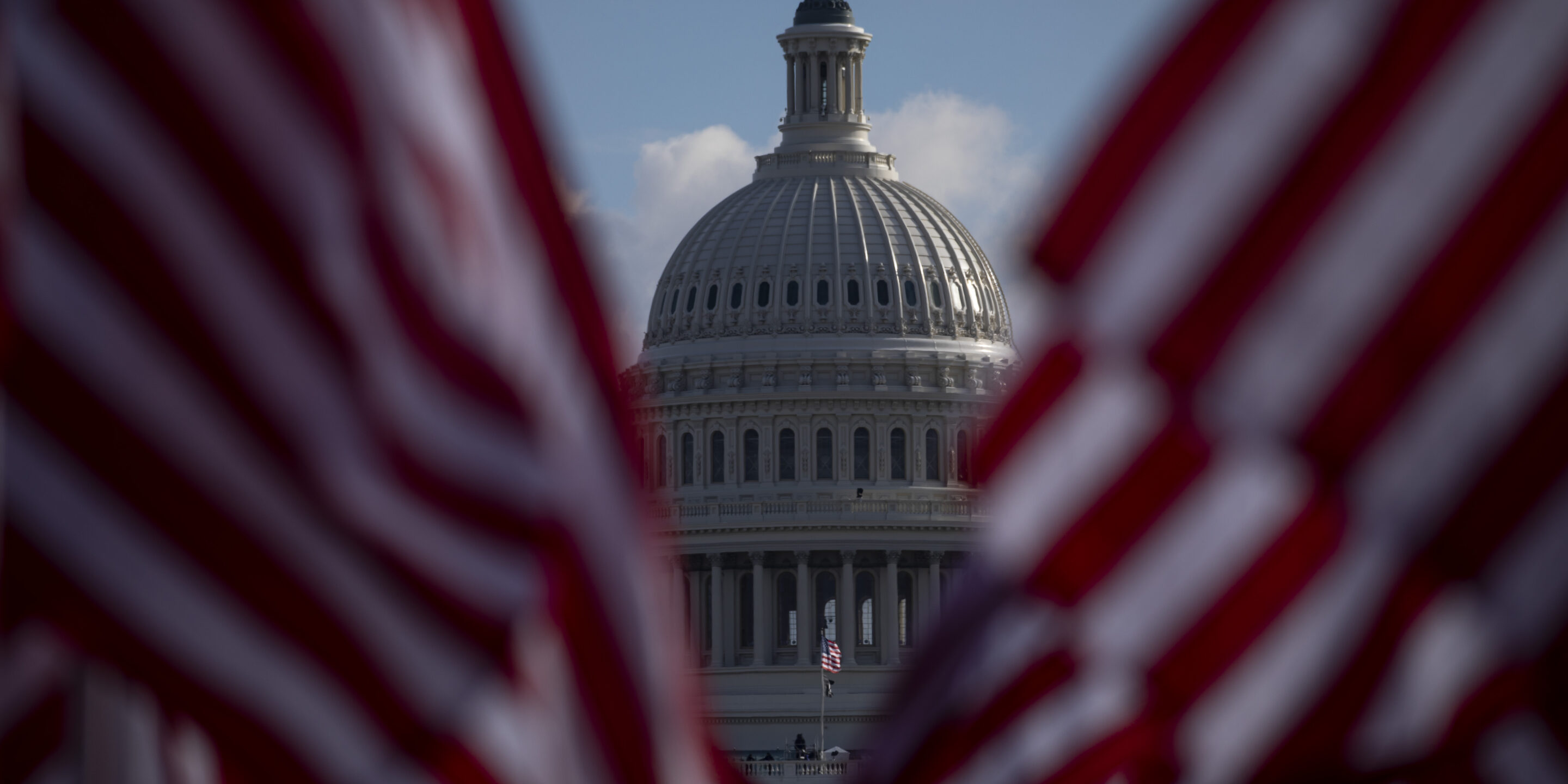October 15, 2024
The end of US global dominance presents an opportunity for America

The era of American hegemony, which dominated global affairs since 1945 and reached its peak after 1991, is coming to an end. And rather than lament this shift, the U.S. and the world should embrace the opportunities it presents.
For too long, the U.S. has shouldered the burden of global policing, tied to the notion of maintaining a “rules-based international order” that is increasingly irrelevant. The end of this era opens the door to a more just, prosperous and realistic world order — one that is based on balancing global powers rather than dominating them. It’s time for the U.S. to adopt a grand strategy of restraint, rooted in realist international relations theory, and reshape its role in a multipolar world.
The decline of American hegemony has been a gradual process, accelerated by major events but always rooted in deeper structural trends. The rise of other global powers has challenged the ability of the U.S. to control world affairs. The myth that Washington believed after the Cold War, that it could dictate global governance indefinitely, was always an illusion. Overreach in military interventions, coupled with domestic and international challenges, have weakened American primacy.
The international system that the U.S. helped build after World War II — a system of multilateral institutions and liberal norms — has shown cracks for years. This was not a neutral or benevolent framework; it was a structure that served American interests, often at the expense of other nations.
More on Western Hemisphere

April 10, 2025

By Erik Gartzke
April 7, 2025

Featuring Daniel DePetris
April 3, 2025

Featuring Jennifer Kavanagh
March 28, 2025
Events on Grand strategy





